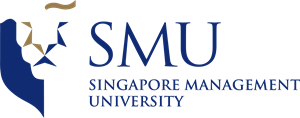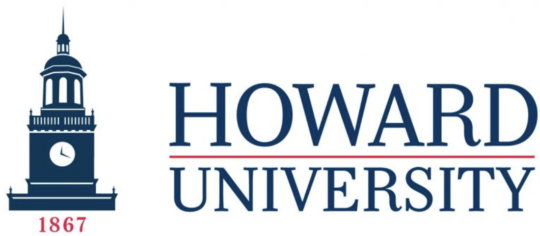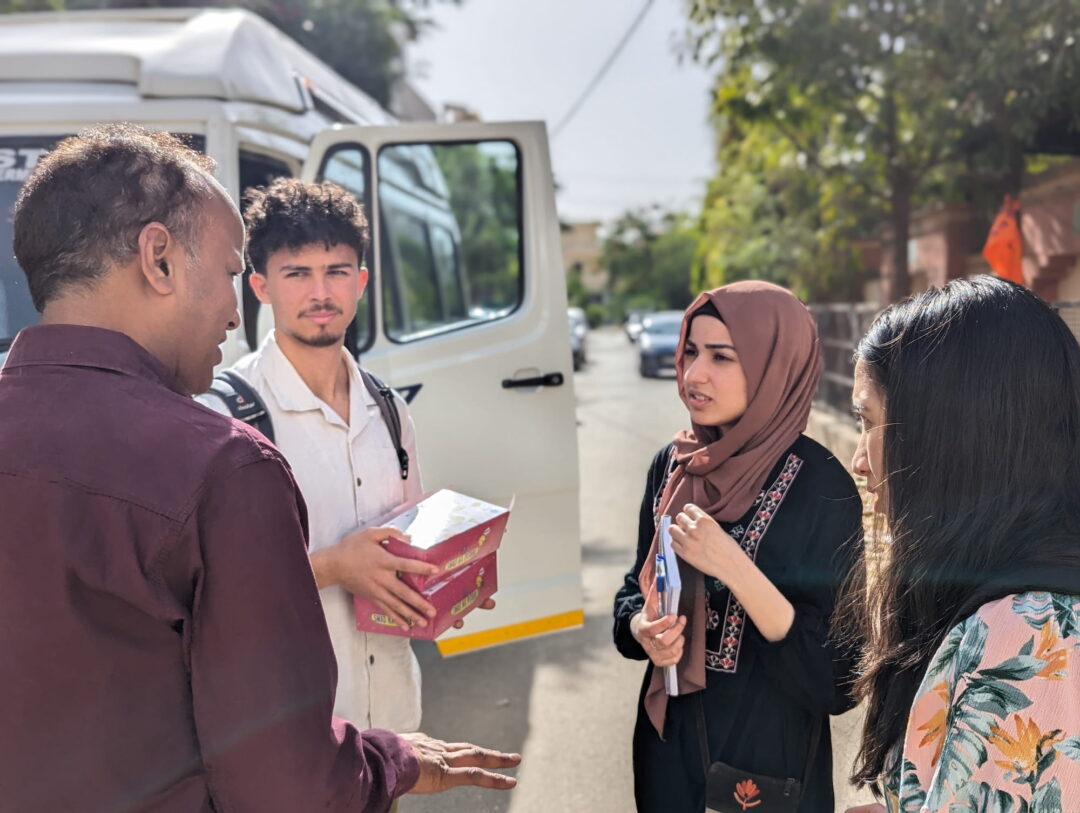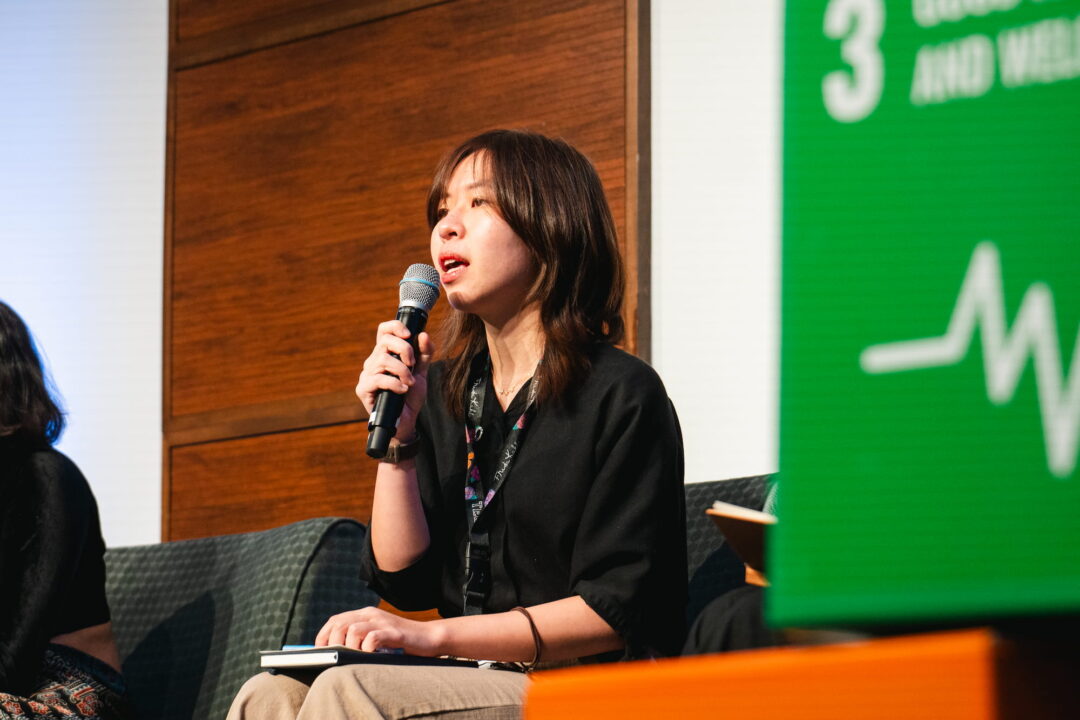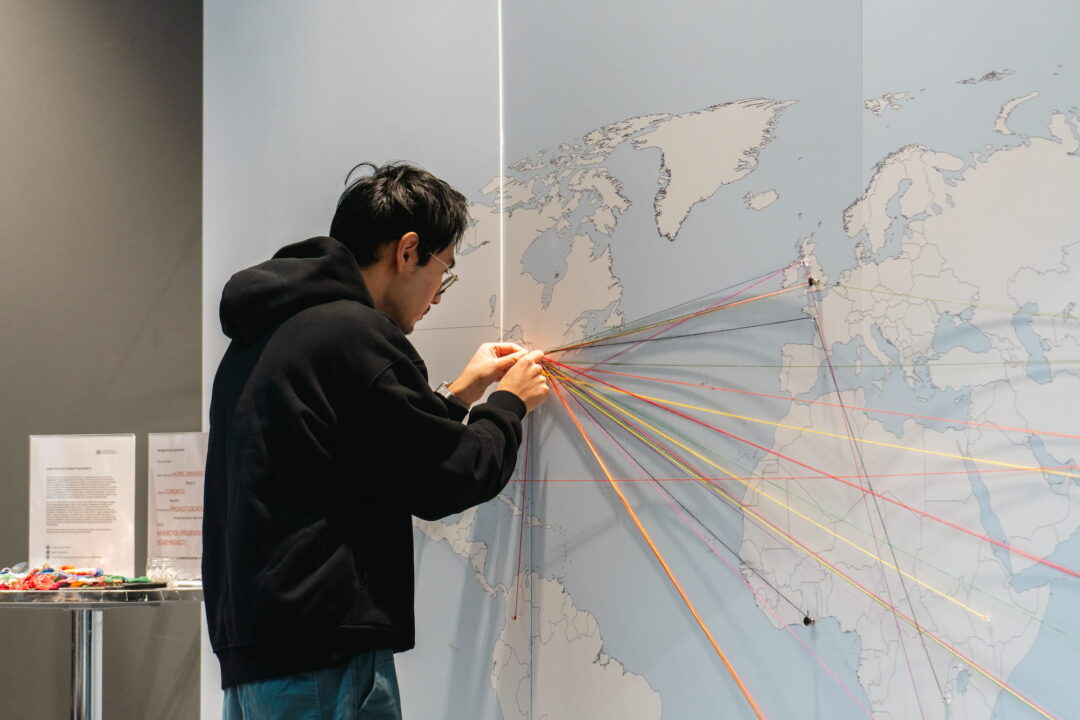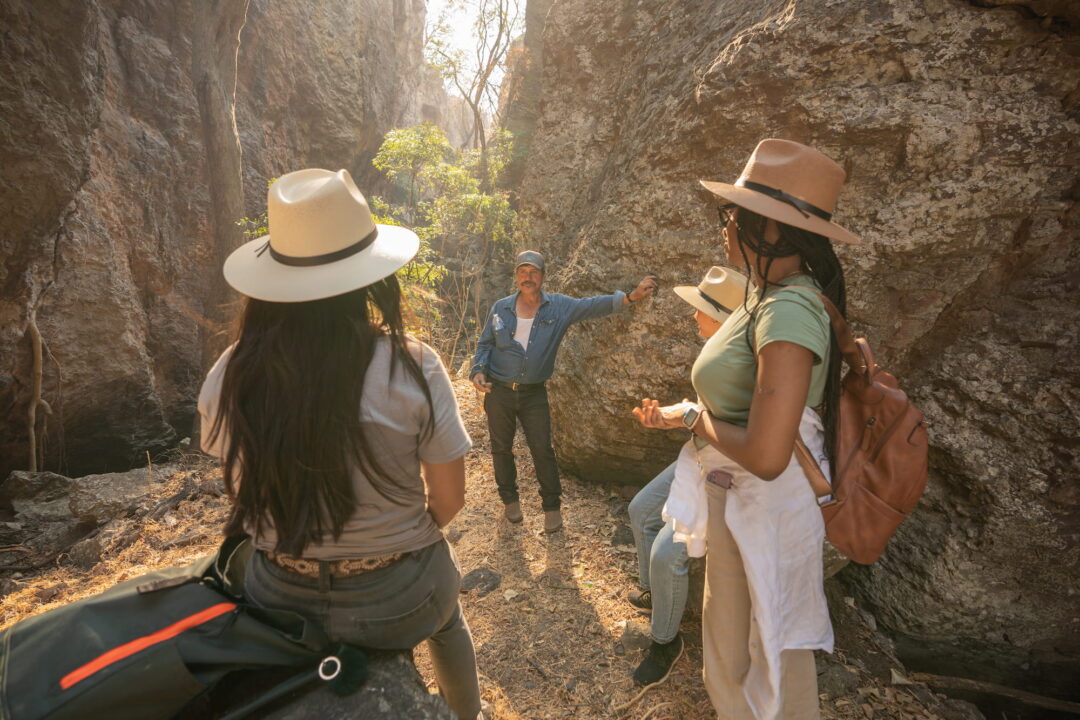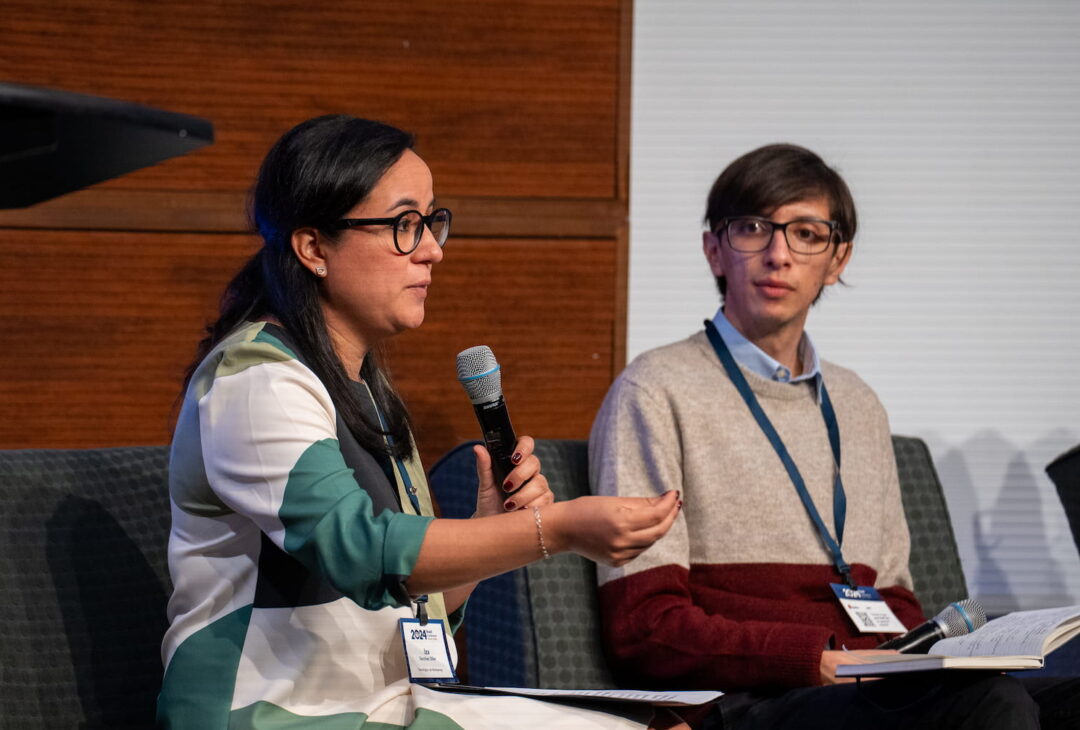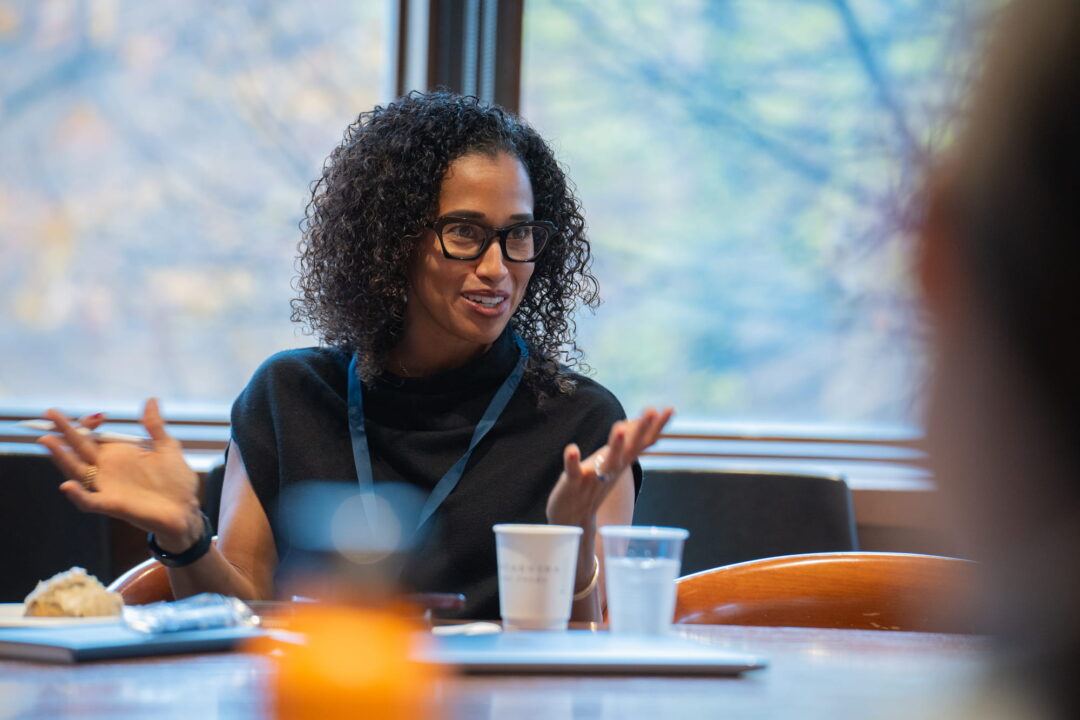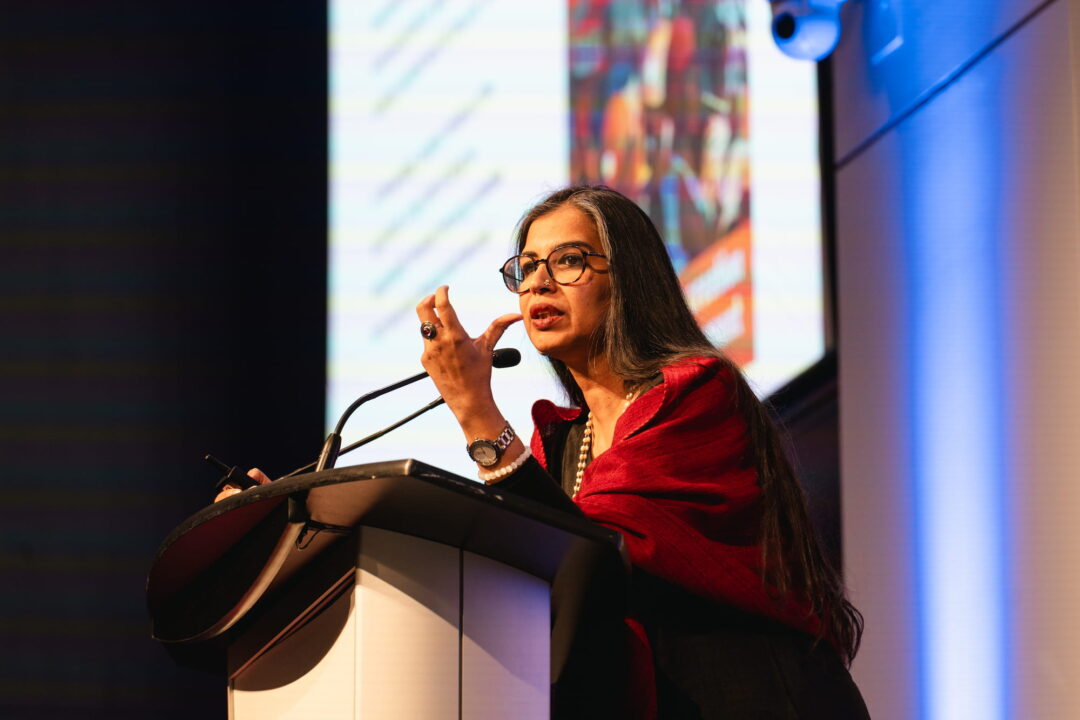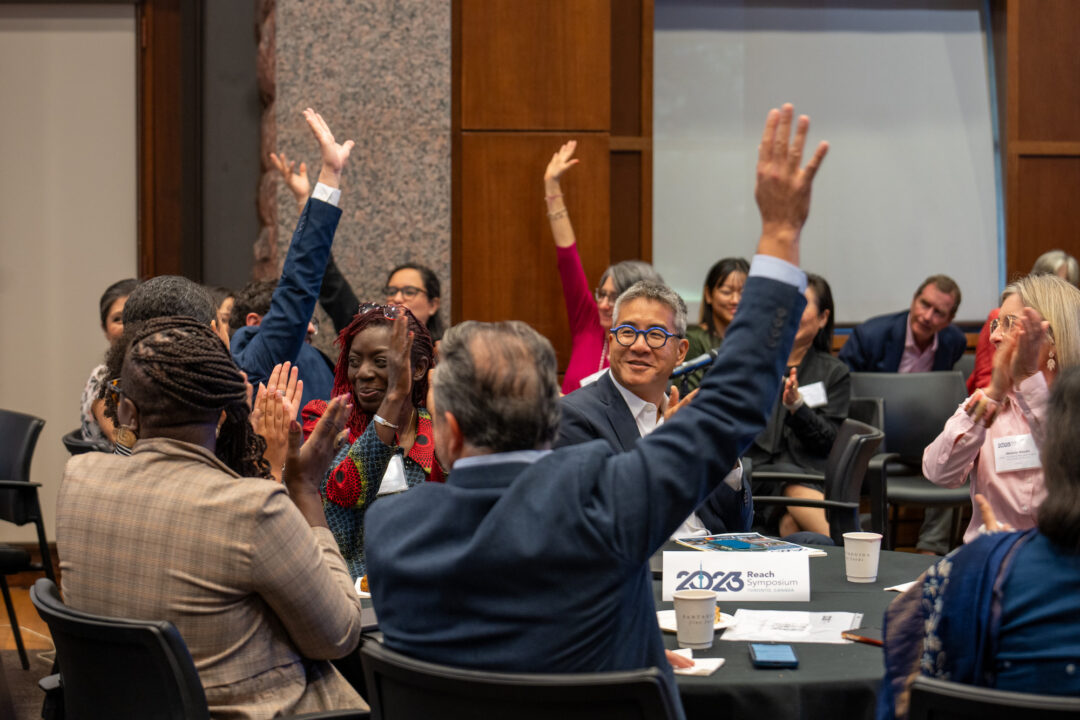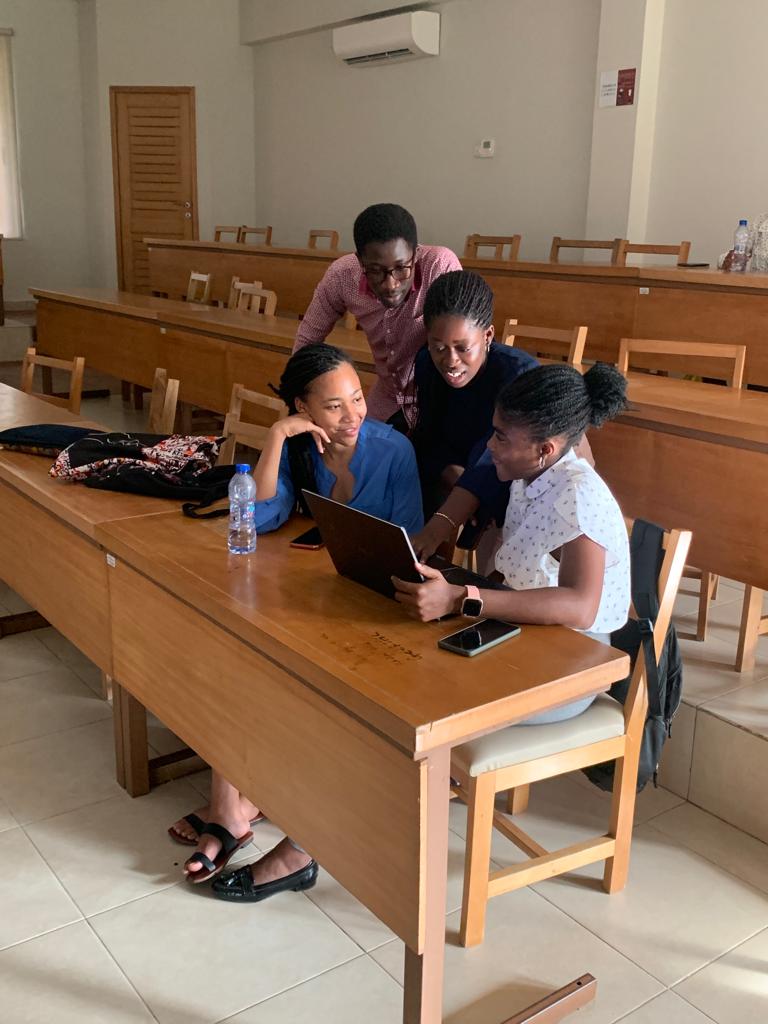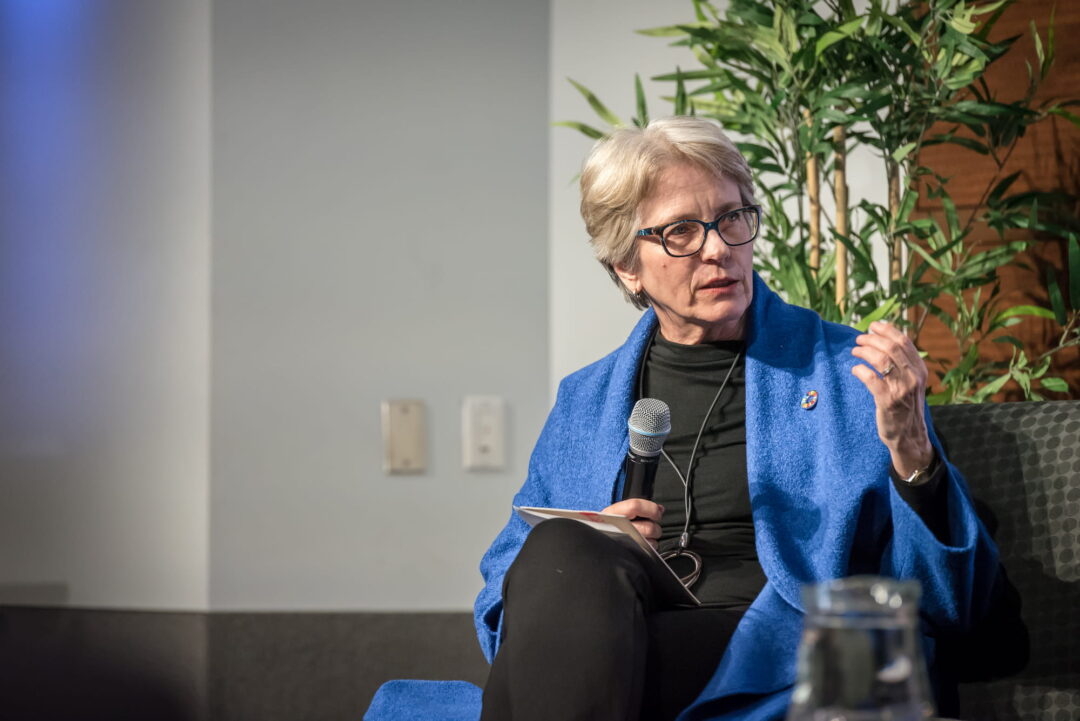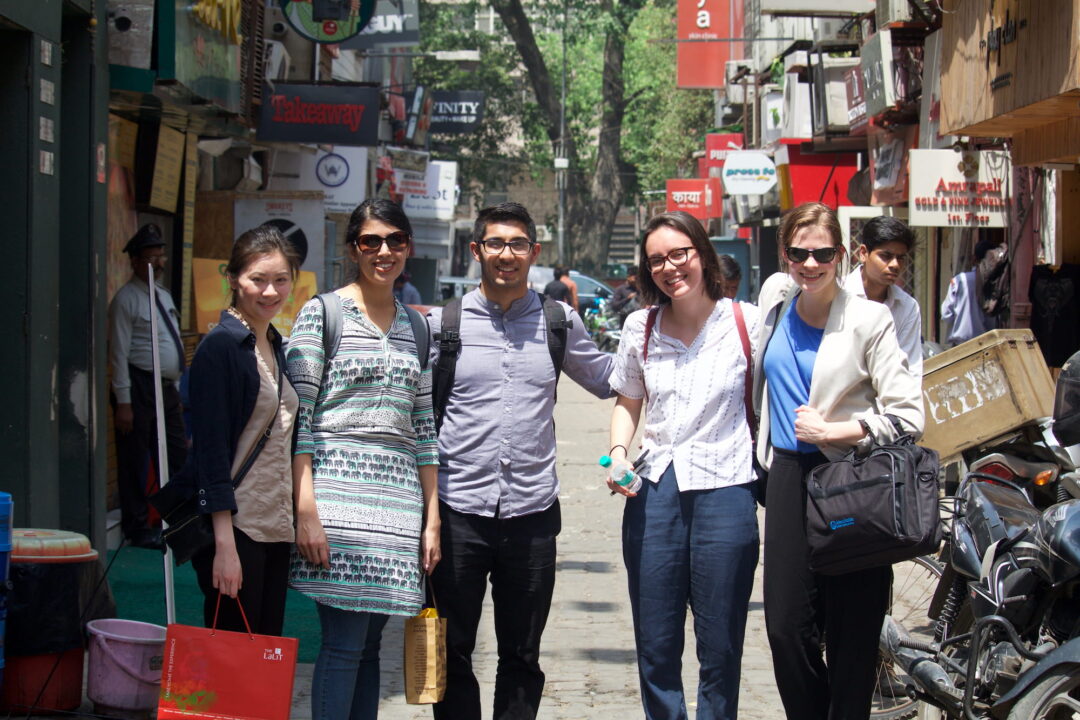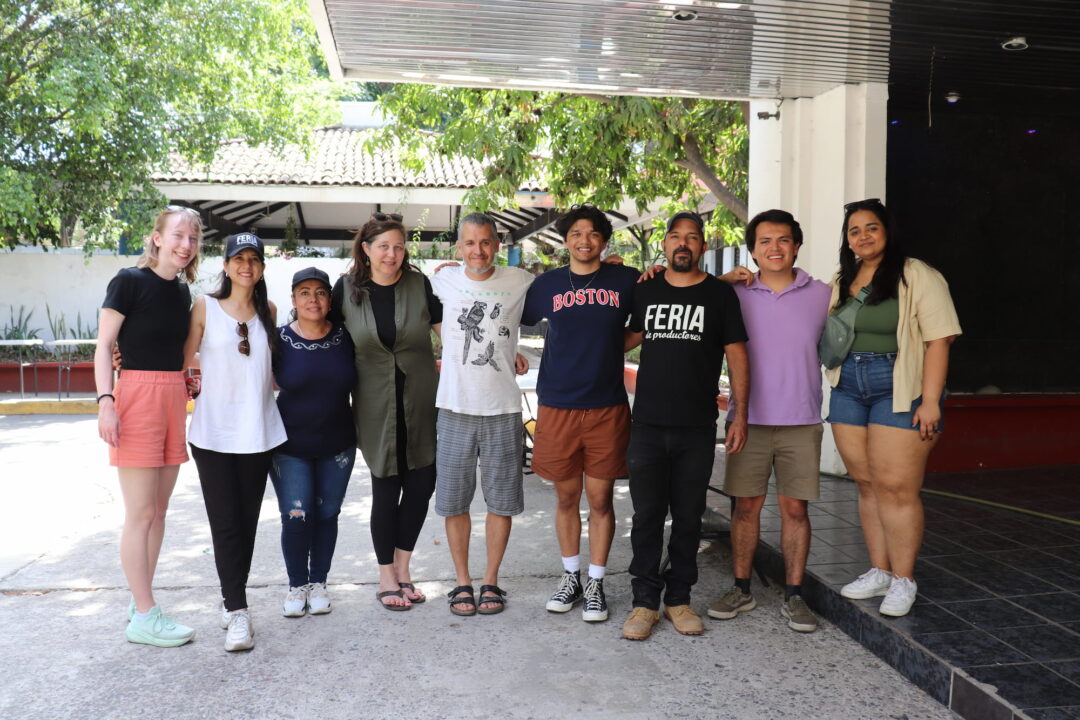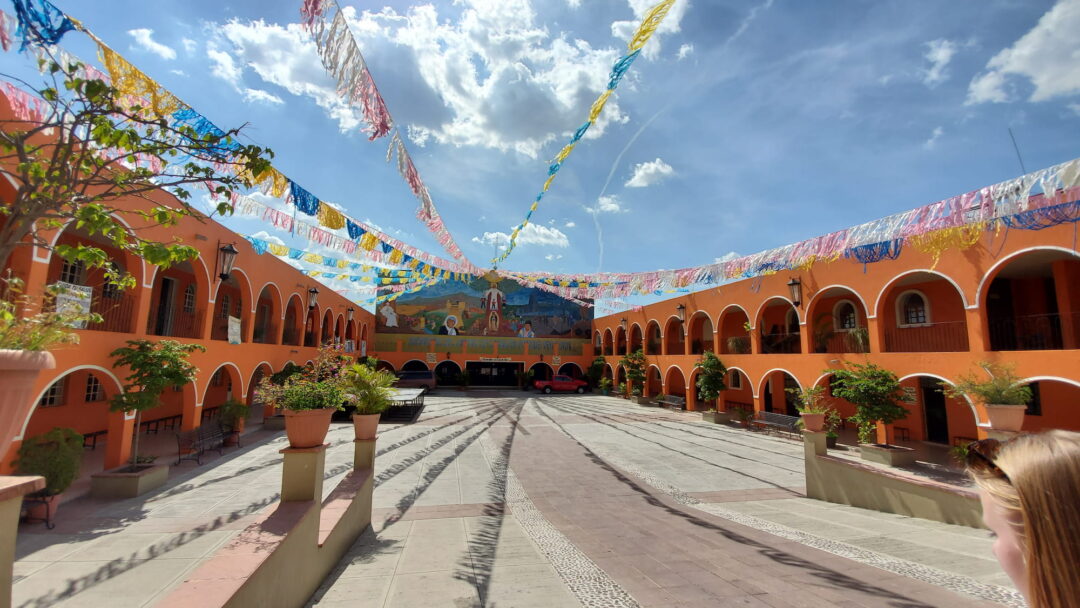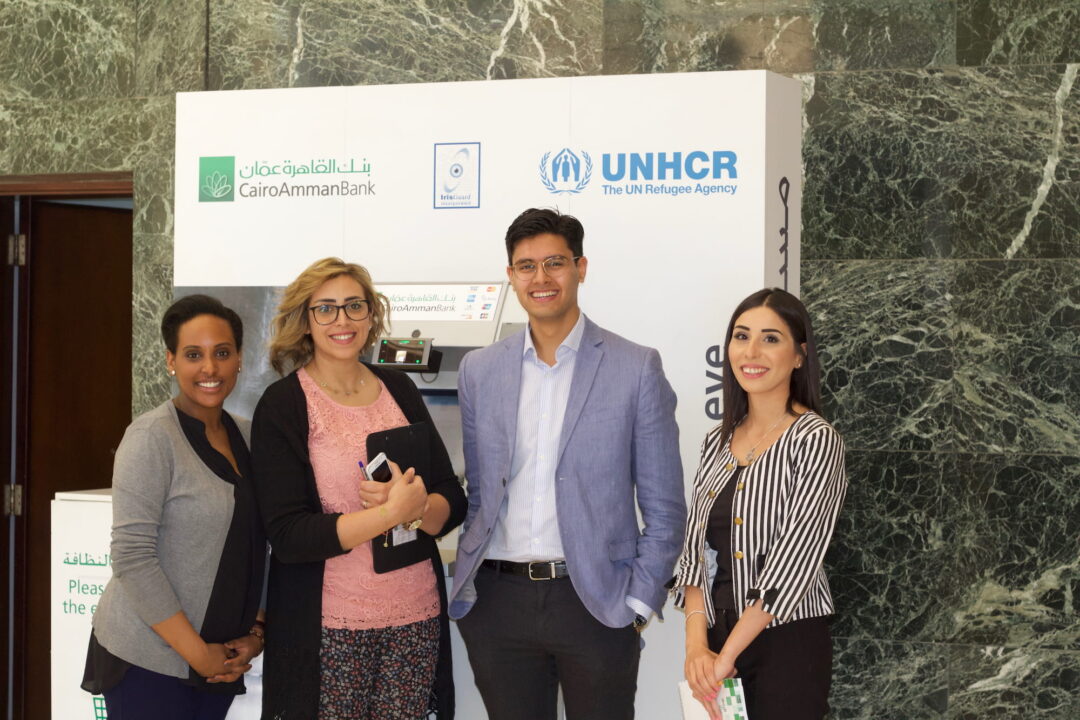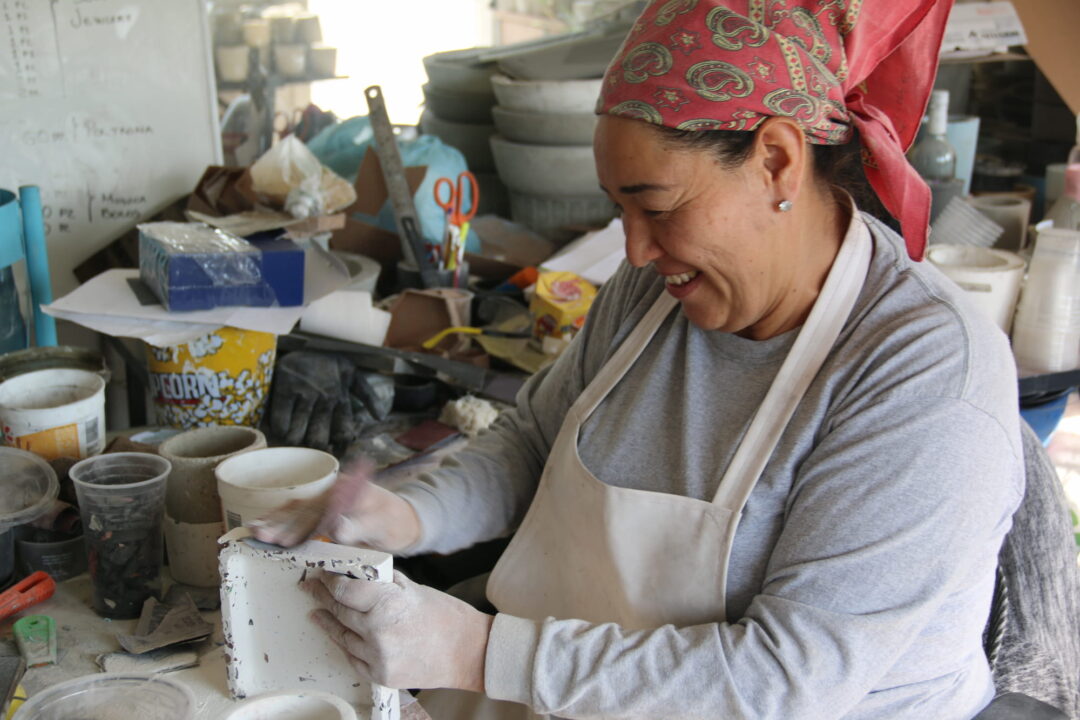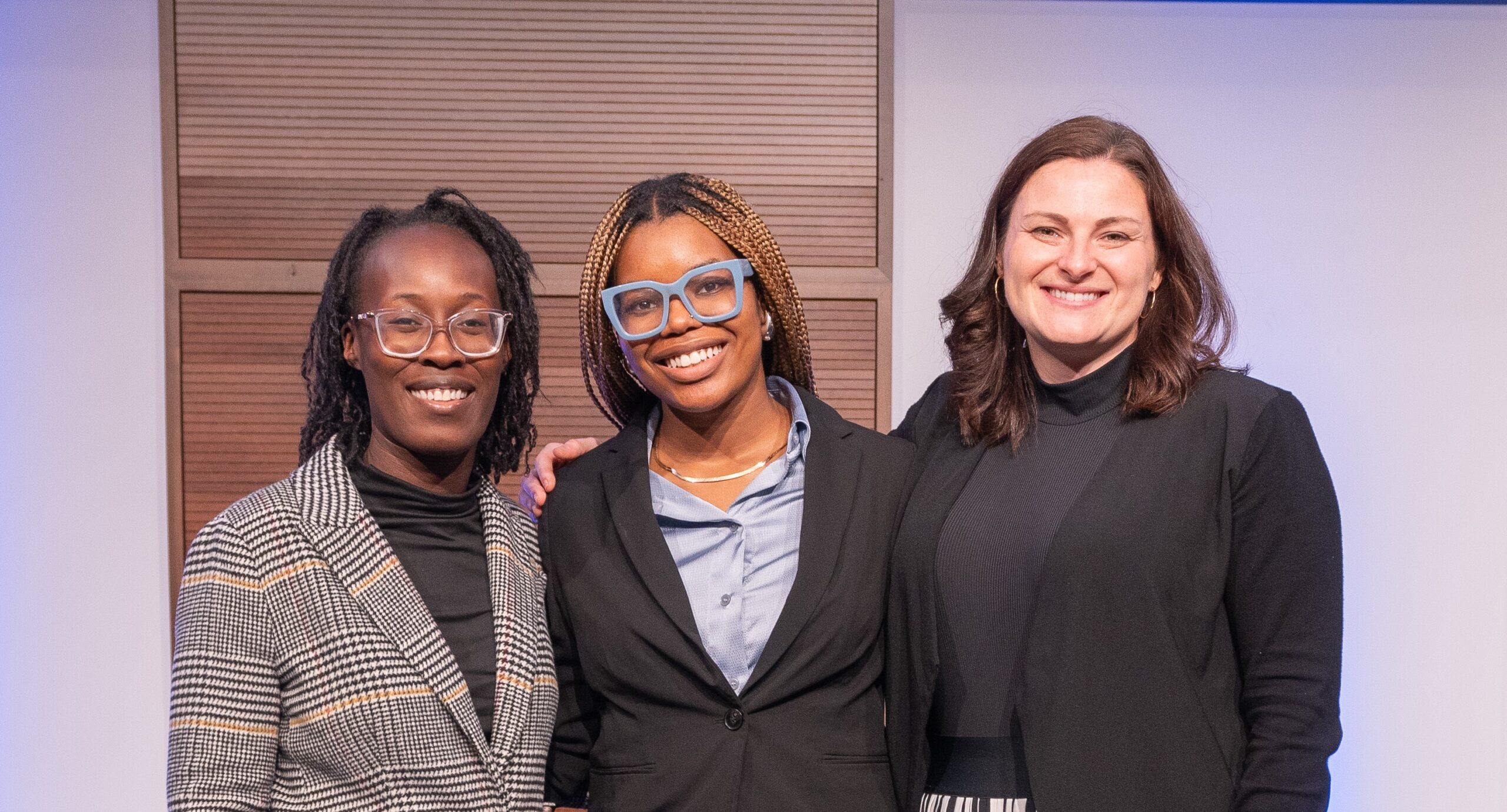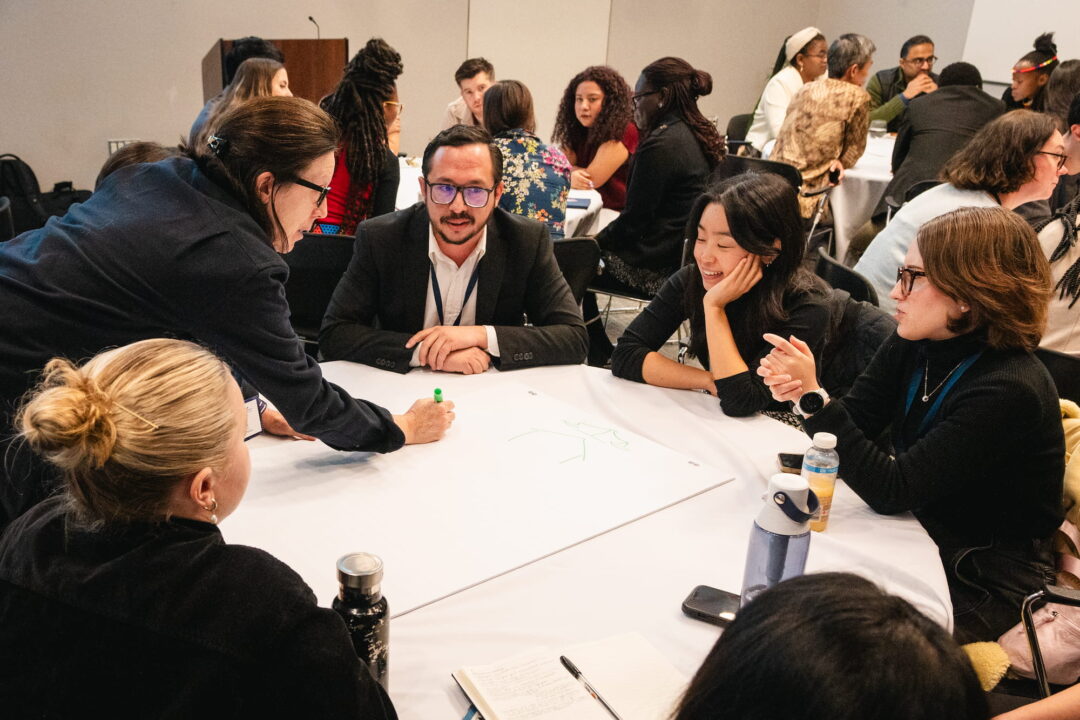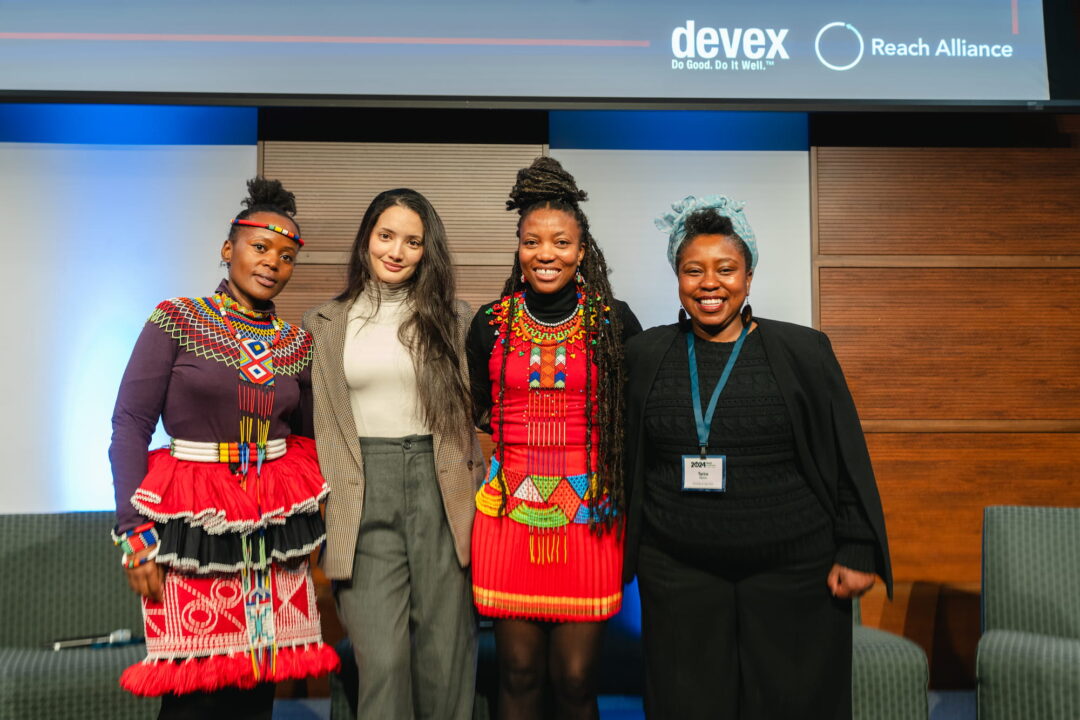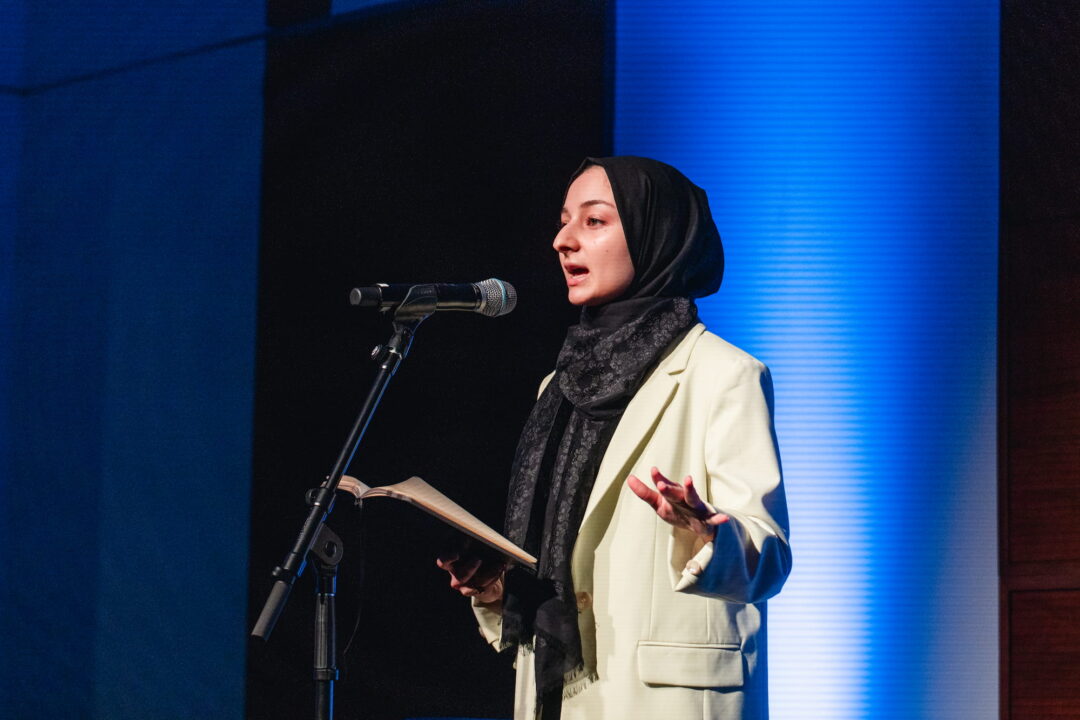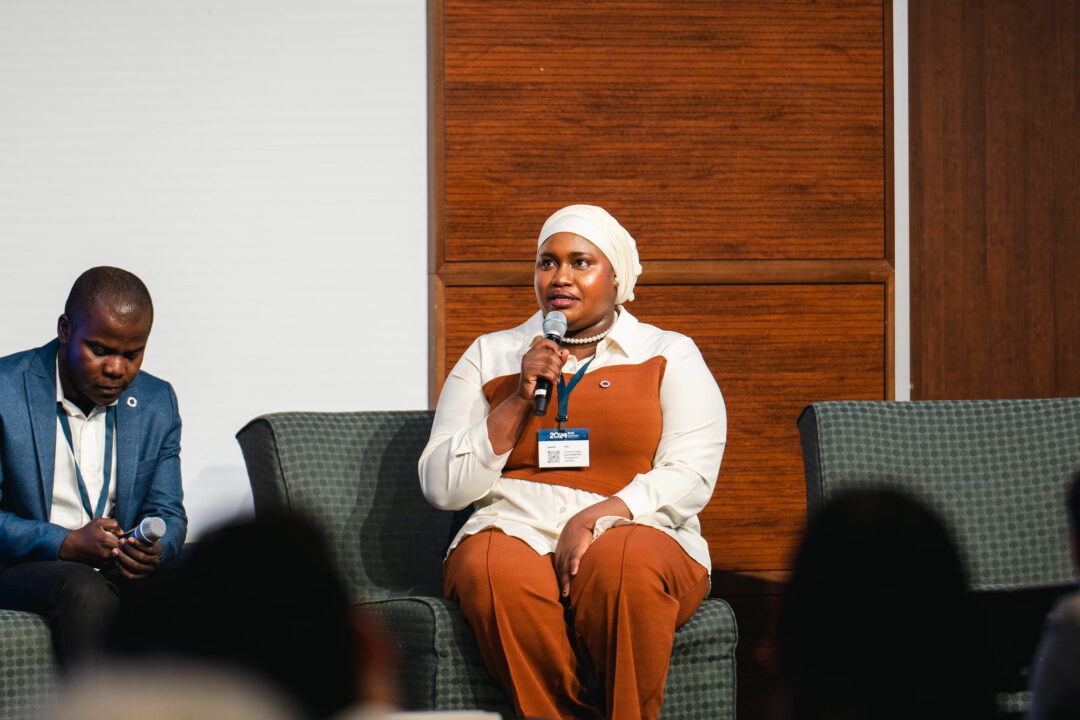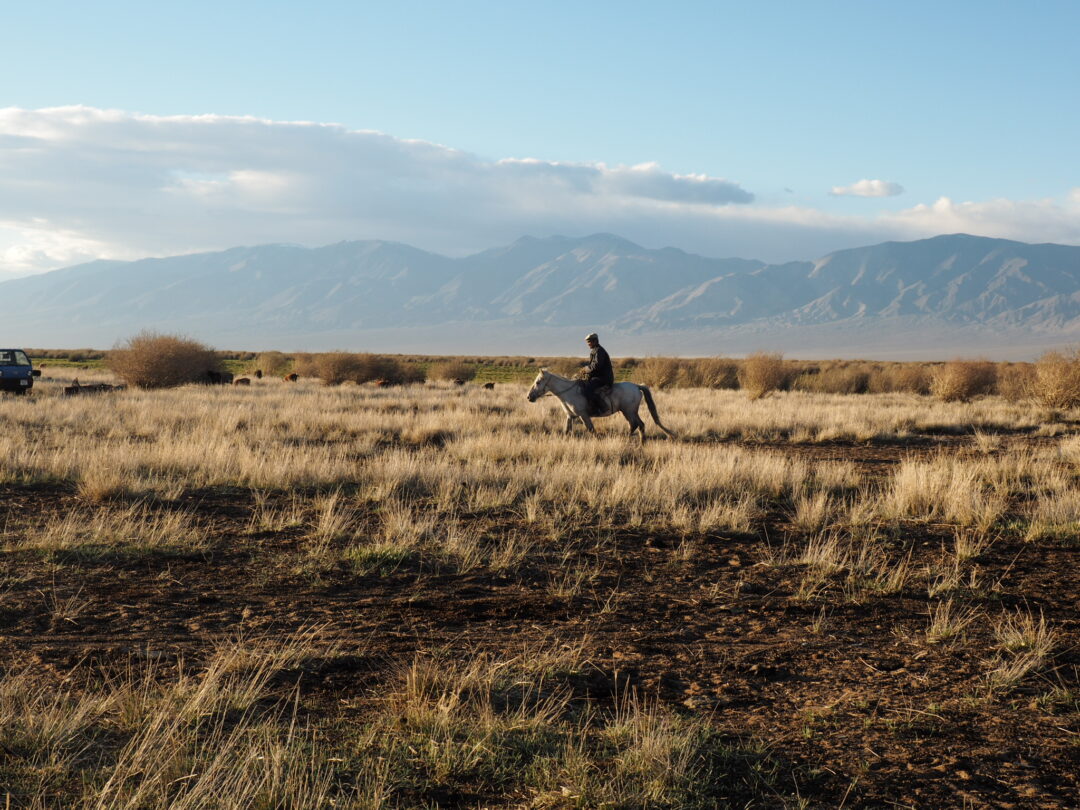Since 2015, the Reach Alliance has
steadily scaled its model
The Reach Alliance’s novel, scalable model trains interdisciplinary teams of globally minded students to research overlooked climate, public health and economic challenges. Students identify and analyze the challenges and collaborate with communities and each other on innovative solutions. Each case study requires teams of students to engage in a year of hard work, starting with careful planning to understand the context and problem space, followed by fieldwork (often in remote locations worldwide), analyzing findings and developing reports and other materials.
- Research Reports launched
- Researchers
Looking ahead, the Reach Alliance aims to scale up and transform its network with additional university partners, expand its operations around the globe and deepen its impact.
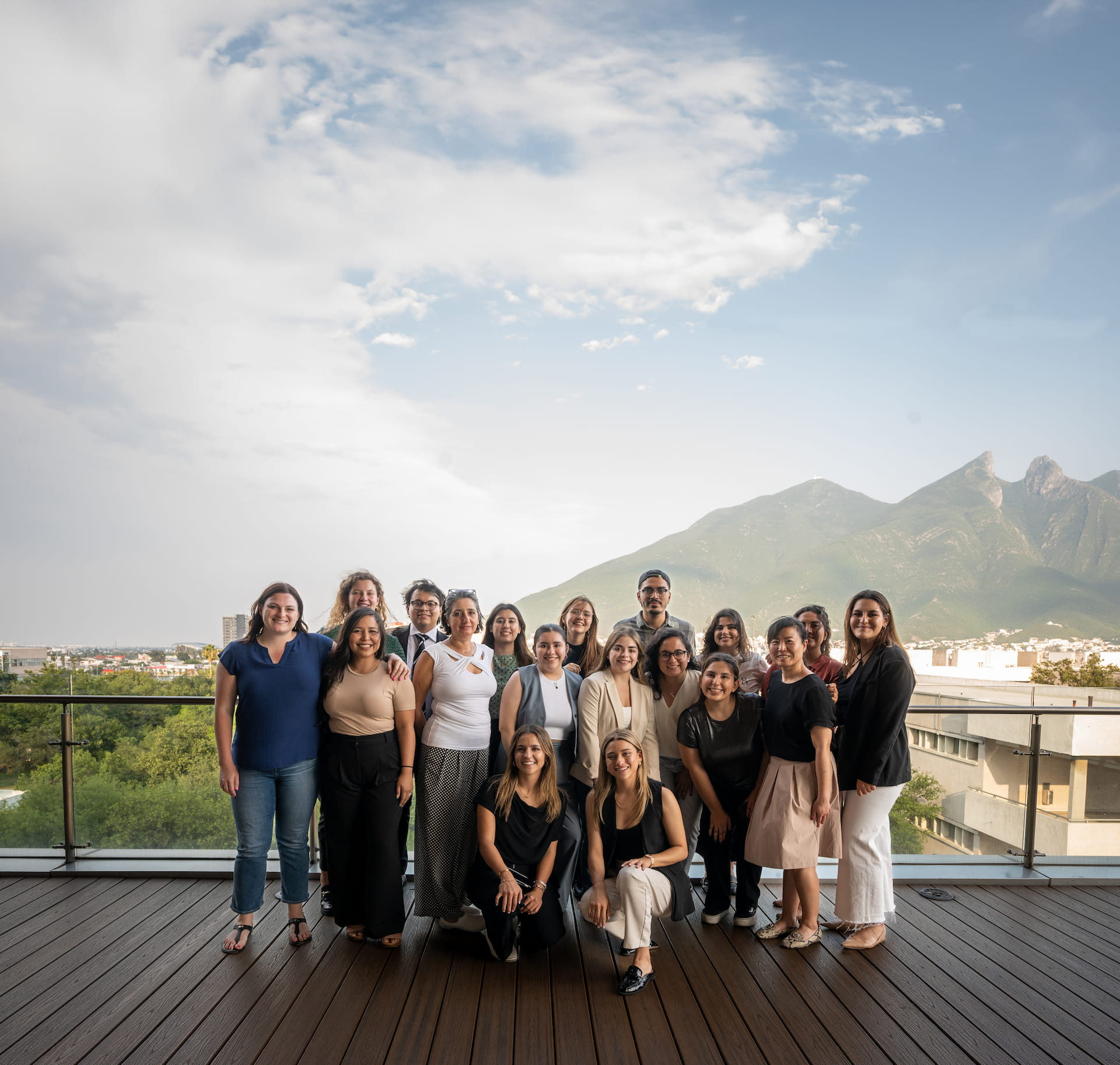
The Vision
The Reach Alliance is seeking $10 million over the next three years
to bring our vision to reality and to scale up activities and impacts.
The Reach Alliance has benefited from the Mastercard Center for Inclusive Growth’s generous support over the past decade. As we look to scale our impact, we need additional support from visionary philanthropic leaders and investment from sponsors. This is your opportunity to help us elevate the work of the Reach Alliance at this critical time, as we build our network of outstanding leaders while empowering global efforts to reach the hardest to reach.
We have identified four priorities
in the coming years:
Goal 1: Driving change ($3 million)
In addition to publishing research, there is an opportunity to ensure more research projects and findings are actionable, accessible and broadly communicated.
- We will increase our research activity and strategically focus our projects and partnerships to support the implementation of solutions featured in our research. This includes synthesizing Reach Alliance research findings to derive new, actionable insights, developing novel approaches to measuring these initiatives’ impact and expanding how we communicate findings.
- We will introduce new opportunities for implementation partnerships and support and look for additional ways to scale impact.
Example
The Reach Alliance aims to pursue a wider range of projects like the Health Ambassador care platform partnership. In this project, Reach partnered with the health services technology start-up Gotcare and Quinte Health, a regional health network in Ontario, Canada. The goal is to improve access to quality care in remote locations by installing AI-enabled triage and health monitoring tools in residents’ homes.
Reach Alliance student researchers are investigating this multi-year project to develop insights for how AI-enabled care platforms can improve health outcomes for geographically remote populations in Ontario and around the world.
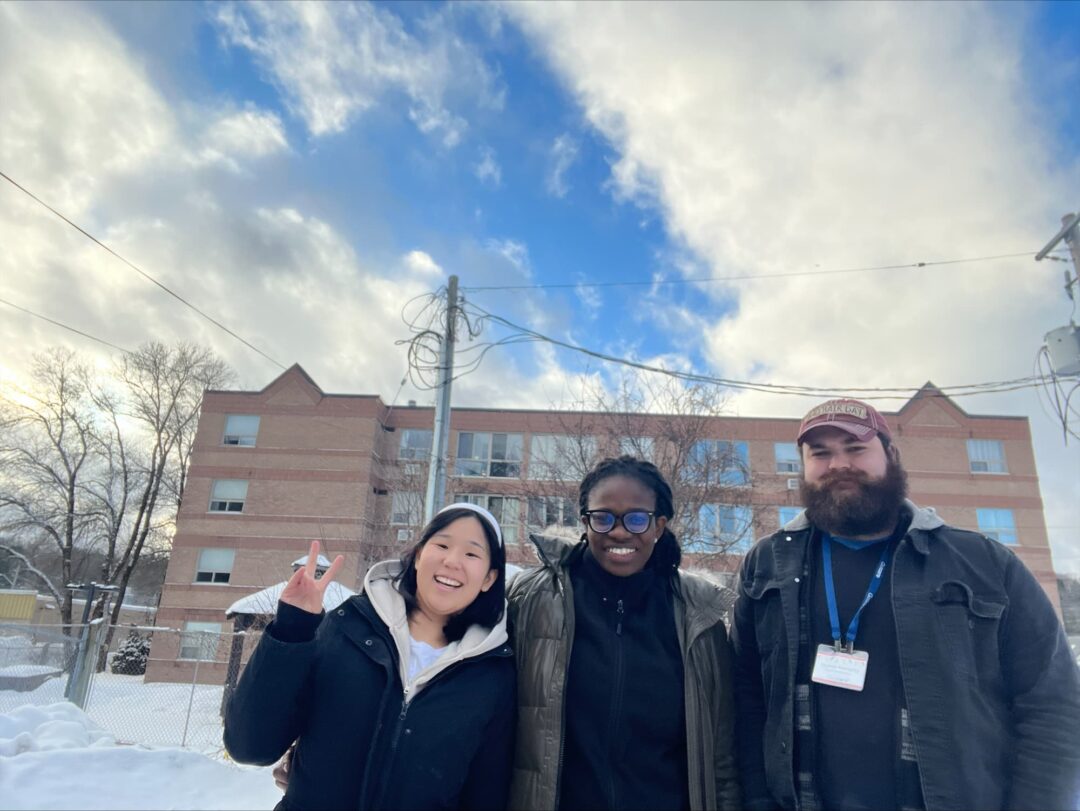
Goal 2: Cultivating and supporting talent ($2 million)
Participating students gain extraordinary experience, honing their leadership and problem-solving abilities in unique conditions through interdisciplinary teamwork, coaching and community engagement.
- We will expand professional leadership development training and coaching, skills development workshops, research presentation opportunities and strategic research communications expertise.
- We will help students improve their skills and facilitate access to job prospects and meaningful work.
- We will strengthen our global alumni network and create opportunities for them to continue learning and making an impact throughout their careers.
Example
The Reach Alliance is at the forefront of a global change in sustainable development, shifting the emphasis to reciprocity, collective intelligence, and learning from our local collaborators. Reach actively creates experiences that allow students to gain these culturally relevant leadership skills. Looking ahead, we aim to increase student opportunities to share their invaluable insights with institutions at the forefront of this change–for example, by equipping and supporting our student researchers to present at regional and global convenings.
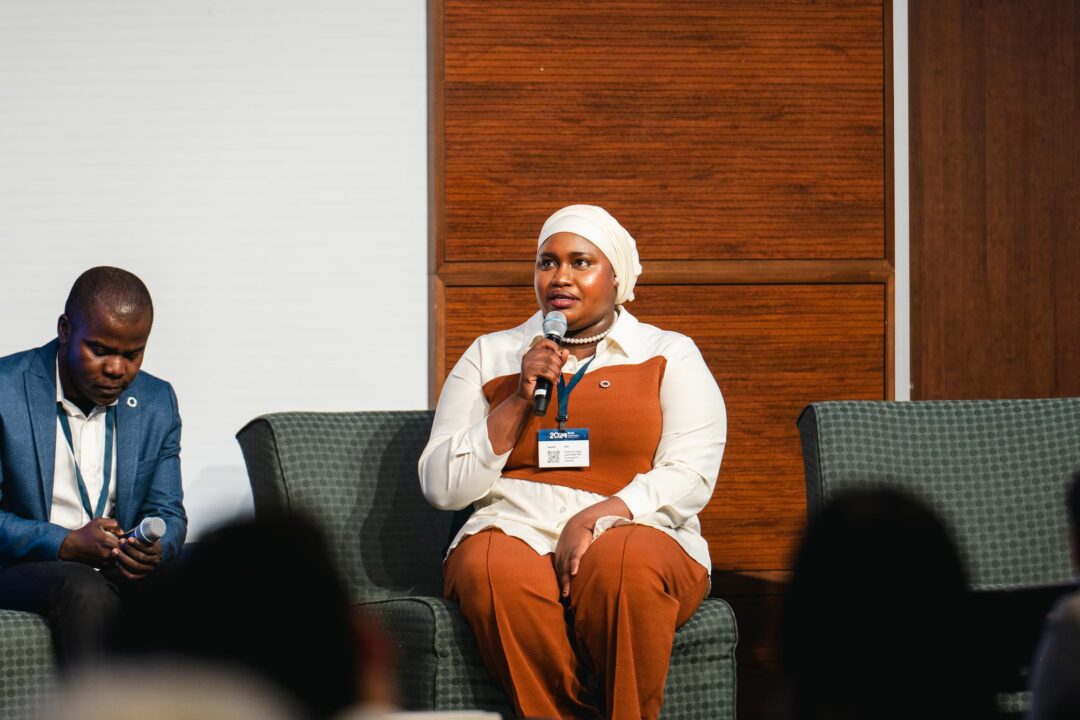
Goal 3: Providing direct support to community partners ($1 million)
Beyond training future leaders, publishing original research and sharing actionable insights, the Reach Alliance also finds ways to support its community partners directly. These hard-to-reach communities gain problem-solving support, increased visibility and opportunities to develop their leadership, collaboration and communication skills.
- We plan to increase our financial and non-financial support to partner communities and organizations to ensure sustainable long-term impact.
Example
In the report, “Combating childhood obesity through advocacy, policy and education in Barbados,” Reach researchers investigated the implementation of childhood obesity prevention programs in Barbados in collaboration with the local Heart and Stroke Foundation and the Healthy Caribbean Coalition. One Reach researcher later returned to Barbados to provide direct support, translating the Reach research insights into programming for childhood obesity prevention workshops in local schools.
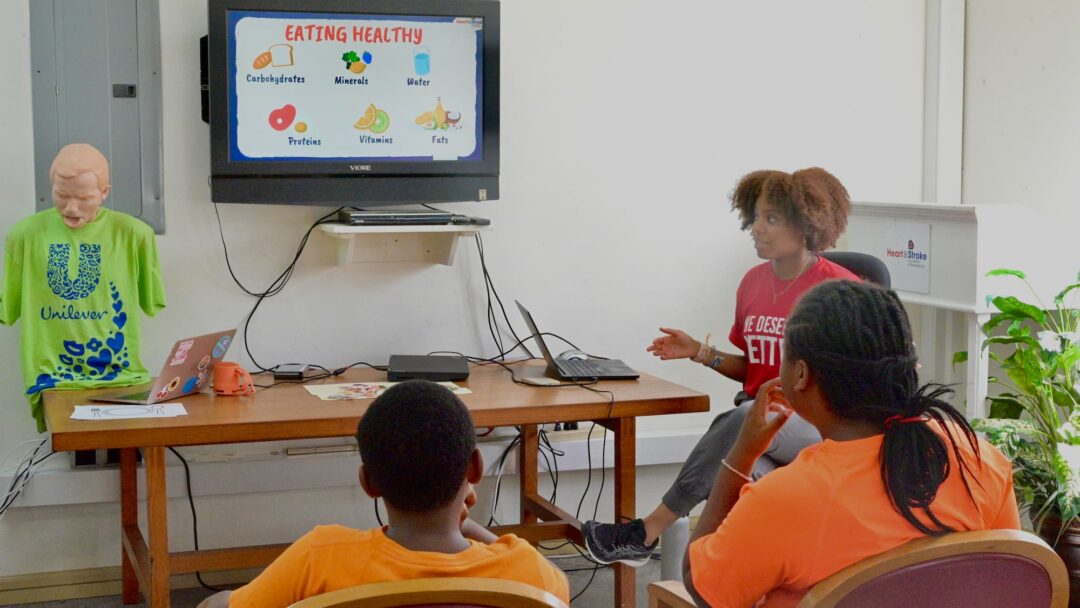
Goal 4: Growing the university network and improving support from home base ($4 million)
The Reach Alliance network brings together nine universities from eight countries around the world — each a leader in its region. We believe our experiential learning approach is of increasing value to students and post-secondary institutions, and we see an opportunity to bring on additional leading university partners.
- We will add at least two new university partners to broaden our global reach and impact and deepen the intercultural and interdisciplinary experience for students and partnering communities.
- We will expand the support from home base with innovative tools and programming initiatives.
- We will bolster the global alumni network and facilitate travel to support cross-university collaboration.
Example
Howard University joined the Reach Alliance in 2024, marking the Reach Alliance’s first American university partner, and will lead the first Reach Alliance research addressing the needs of hard-to-reach communities in the United States.
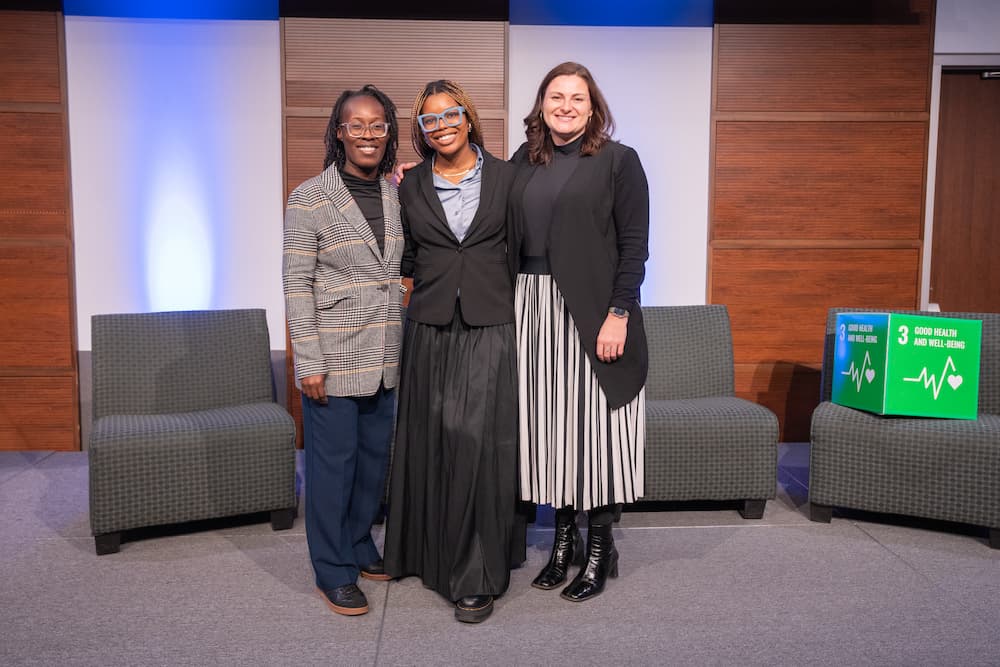
Reach Alliance research is driving critical, international conversations that are redefining the gold standard for impact across climate, public health and economic challenges.
Funding sustainable development through community-led blue carbon initiatives in Kenya: Climate resilience
Reach researched a voluntary blue carbon credit project in Kenya, identifying a framework for replicating and scaling this initiative’s success. Their report is the world’s first published account of best practices for scaling community-led blue carbon credit initiatives. The Reach team received invitations to publish their findings in the Stanford Social Innovation Review and contribute to UNEP’s (United Nations Environment Programme) ‘Blue Carbon’ report. They also presented actionable insights to the Government of Canada and to a global audience convened by the Aga Khan Foundation Canada. In Jakarta, the team led a workshop on best practices and collaborated with UNEP communications partner GRID- Arendal and the Norwegian government to draft formal recommendations for including blue carbon initiatives in national carbon emissions commitments.

Leveraging biometrics to provide cash assistance for Syrian refugees in Jordan: Financial inclusion
A Reach research team studied the world’s first refugee iris-scanning cash-assistance program, which provides monthly income support to more than 33,000 of Jordan’s most vulnerable families. Insights from this highly efficient initiative are extremely valuable for development leaders faced with scarce resources and protracted humanitarian crises. The team’s research was published in the Stanford Social Innovation Review, featured in The Globe and Mail and circulated by the UNHCR (United Nations Refugee Agency) to its global field offices. Reach’s researchers also received invitations to present their findings to Global Affairs Canada and contribute a book chapter about reaching the hardest to reach with cash transfer programs.
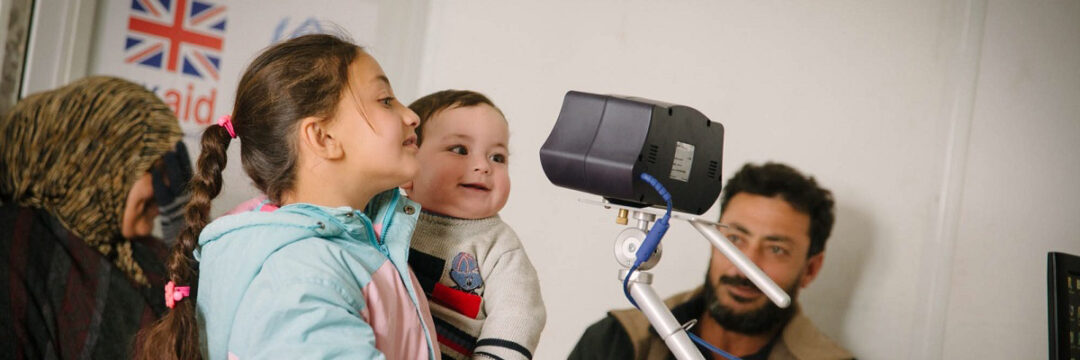
Providing Maternal Healthcare for Women with Disabilities in Nepal: Social Inclusion
Collaborating with local Nepali researchers, Reach researchers interviewed women with disabilities, healthcare providers and policymakers. Their goal was to identify actionable insights for improving women’s access to quality maternal healthcare— and help to fill the global gap in data on maternal healthcare for women with disabilities in low-income settings. The team published their insights in BMC Women’s Health and shared their findings on The Lancet Voice podcast. A planned series of policy-focused workshops in Nepal, structured around the Reach research findings, will provide a unique platform for women’s perspectives and experiences to improve maternal health care in Nepal and beyond.
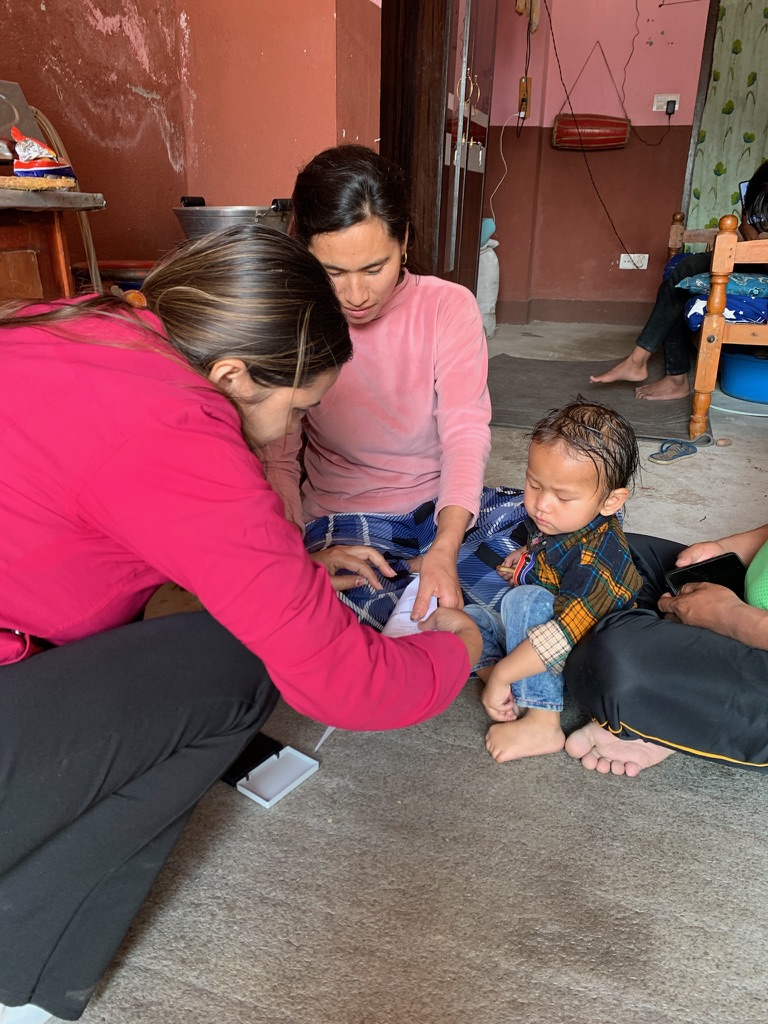
Cultivating global leaders for a sustainable future
Alumni from Reach’s eight partner universities are leading conversations with government experts, industry innovators and fellow youth leaders at the annual AFS Youth Assembly in New York City. The vision they articulated at the conference for tackling global economic, climate and public health challenges led to four op-eds on the impact youth leadership can have on pressing global issues. A year later, the Youth Assembly invited these Reach alumni to run a workshop sharing their research findings, “Climate Resilience at the Margins: Five Key Lessons from Last Mile Populations.”
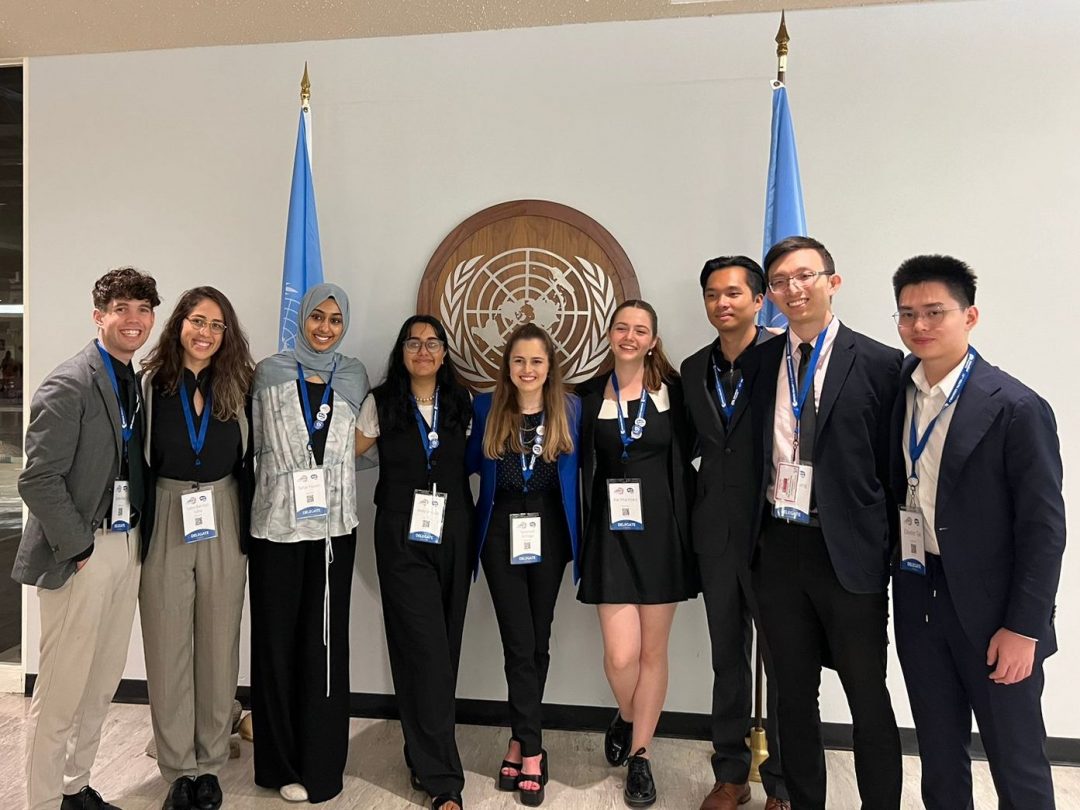
Selected Partners Spotlight
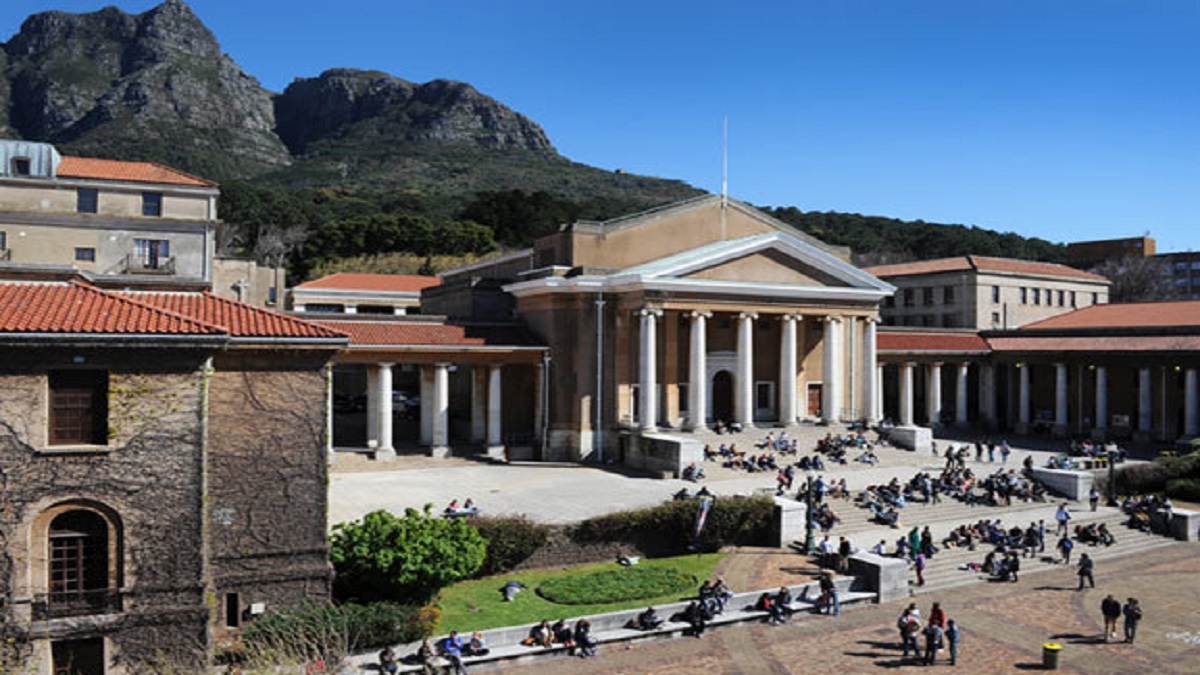
The University of Cape Town’s vision to create a fair and just society has made it Africa’s top-ranked higher-education institution. As a top 10 global leader for partnerships advancing the UN’s Sustainable Development Goals, UCT makes invaluable contributions to the global Reach Alliance network.
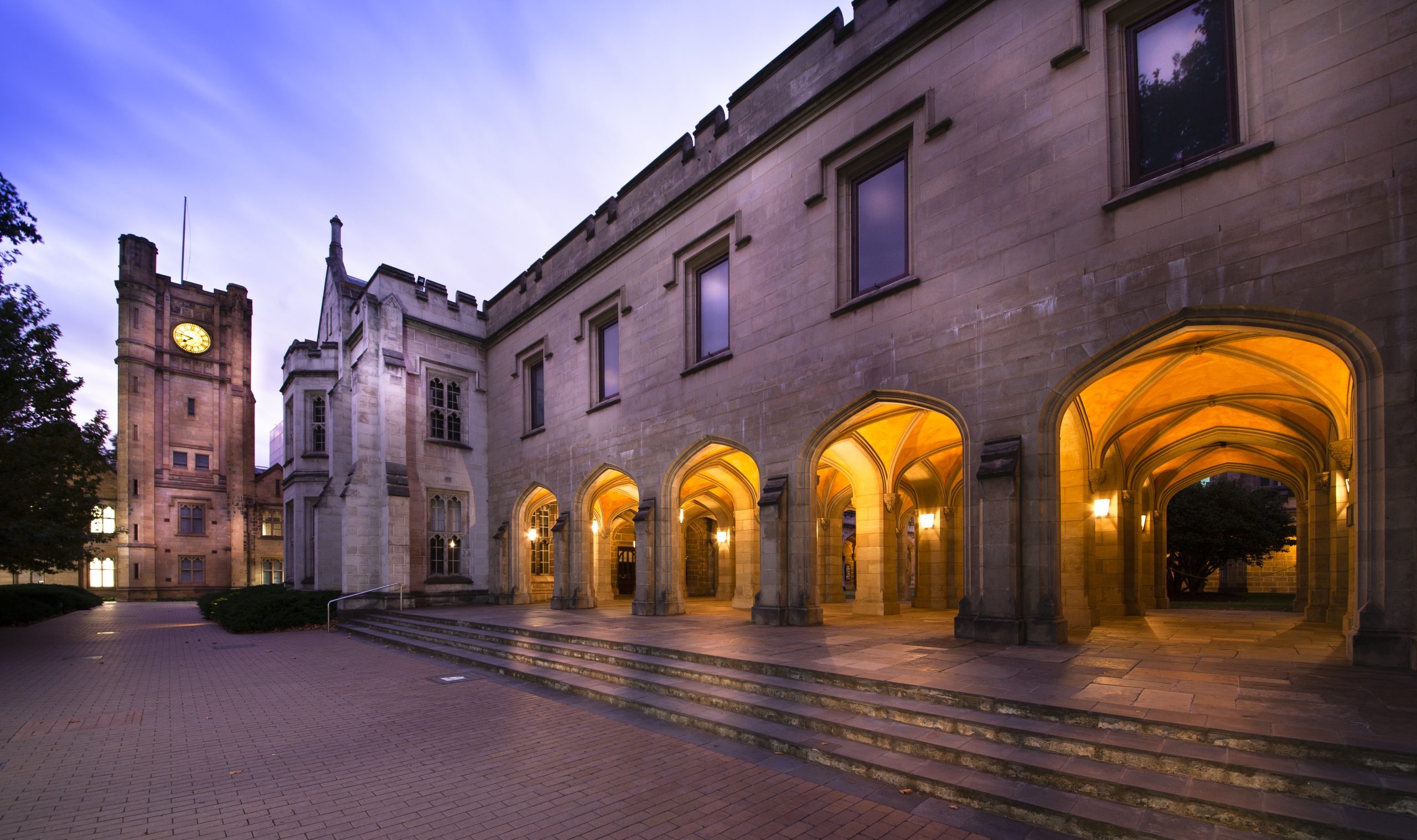

The University of Melbourne is a top global institution and a leader in the internationalisation of Indigenous knowledges. The university founded and co-convenes the Indigenous and First Nations Knowledges Network in the Association of Pacific Rim Universities and undertook some of the first Reach Alliance research in collaboration with Indigenous community partners.

Tecnológico de Monterrey fosters self-awareness, entrepreneurial thinking and principled commitment to affecting positive social change. Focusing on real-world problem solving, including through the Reach Alliance, have helped make it Mexico’s top ranked university for graduate employability.
Thank you for your consideration.
The Reach Alliance team would be delighted to further discuss options for support.
For more information or to support the Reach Alliance, please contact:
Marin MacLeod, MPH
Executive Director, Reach Alliance,
University of Toronto’s Munk School of Global Affairs & Public Policy
marin.macleod@utoronto.ca
University Partners

